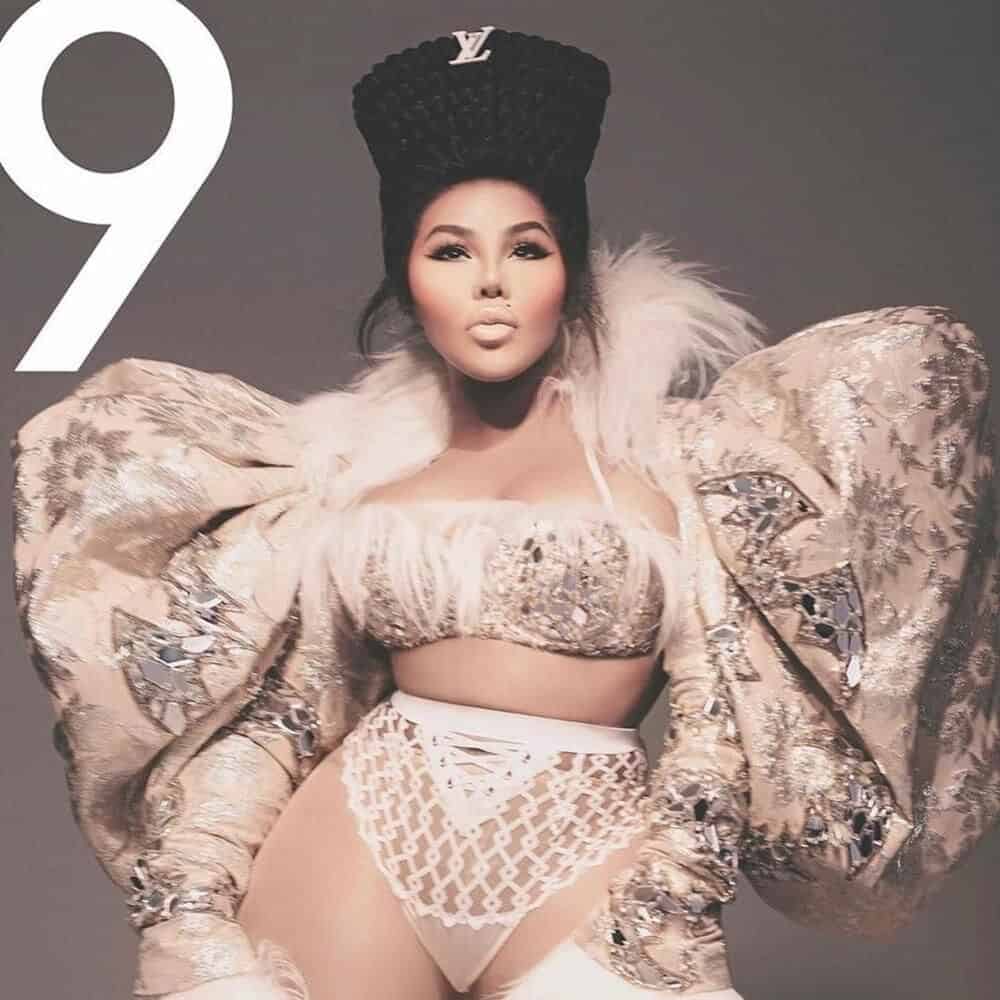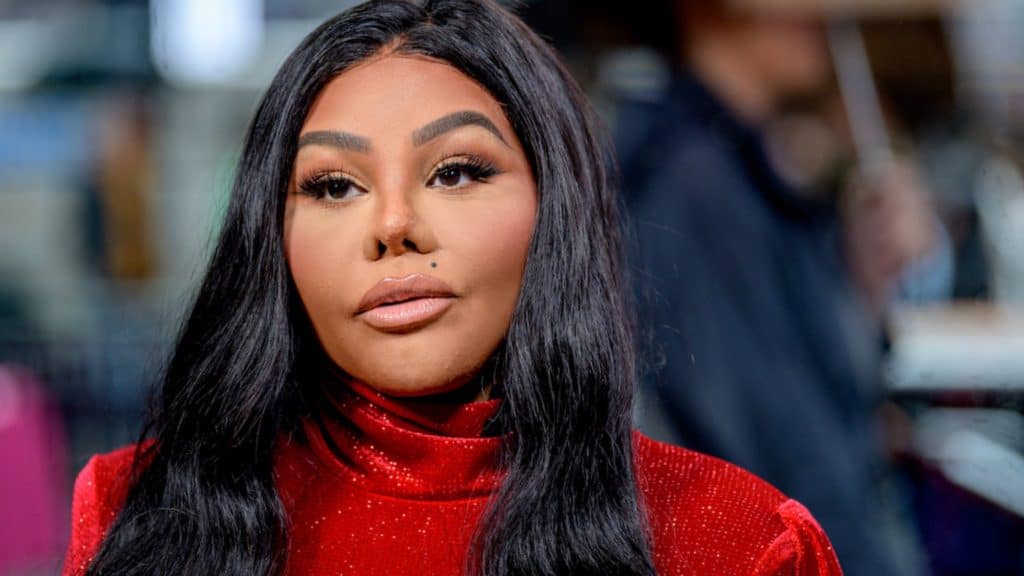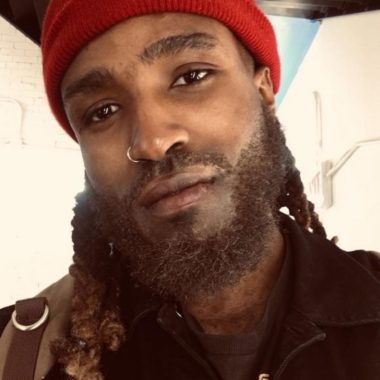The Queen Bee is back. 9 is Lil’ Kim’s first major commercial release in 14 years.
Kimberly Jones, famously known as Lil’ Kim, is a hip-hop legend with a legacy stamped on rap music. There is a time before Lil’ Kim and after Lil’ Kim. Her entrance into hip hop is a marker in the evolution of rap. While other female hip hop artists had used sensuality and confidence in their music, Lil’ Kim raised the bar in terms of women’s sexual expression and media visibility with rap.
Her rise to fame began in 1994 as part of the popular rap collective Junior M.A.F.I.A. Lil’ Kim, who was still in high school at the time, made a name for herself through guest appearances on other artists’ songs, as well as her own performances on Juni or M.A.F.I.A. hits like “Get Money.”
In 1996 Lil’ Kim made her solo debut with Hardcore, and hip hop changed forever. From her raunchy album cover to her multi-colored wigs in her “Crush on You” video, Lil’ Kim changed how femininity and power could manifest themselves in hip hop. To this day her lyrics still give me pause. She was a skilled rapper, girlishly feminine and bold.
Lil’ Kim not only changed how unapologetically sexual and confident women in rap could be, but she also broadened what success looked like for women in rap music. Before her second album Notorious K.I.M. (2000), Lil’ Kim had already nabbed deals with many fashion brands, like Versace and Candie’s.
Kim’s entrance in hip-hop wasn’t just successful – it was groundbreaking, yet also controversial to say the least. At the time, her music was deemed too sexual and too raunchy for many, some even referring to it as pornographic. Things have certainly changed since the mid-1990s. In today’s context, Lil’ Kim’s music is on par with newer acts as far as sexual content is concerned.
Some of her early (and current-day) critics of her cite how dependent on a man’s gaze she was, in terms of the type of sexuality she displayed. Nevertheless, Lil’ Kim is verifiably the indisputable, dominant archetype for modern women in hip hop. Every female rapper, particularly every major successful female rapper, can trace part of their success back to the Queen Bee.
Kim went on to have more commercially successful albums and singles including 2001’s, Grammy-winning “Lady Marmalade,” accompanied by Pink, Christina Aguilera, Missy Elliot, and Mya. Now, that the Queen Bee has returned, what’s changed in hip hop?
Currently, women in hip hop are experiencing a resurgence. While there are still only a few women who are considered marquee acts, more women are now receiving opportunities because women in hip hop are seen as profitable. Women command a unique amount of attention in comparison to their male counterparts (see Megan Thee Stallion’s “Hot Girl Summer”).
However, what hasn’t changed is the misogyny and sexism in hip hop. Hip hop exists within a patriarchal society and while the genre in many ways is an art form birthed from marginalized people, it was never free of sexism. Despite Lil’ Kim being the most dominant archetype for women in hip hop, she’s not as respected as the former statement might suggest. In rap, the idea of the virgin Madonna is also present. The notion that a woman cannot have agency over her sexuality and skillfully and commercially dominate men is a pervasive one. We’ve seen women in hip hop out-rap, outsell, and outperform many of hip hop’s leading men – Jay-Z,
Kanye, Migos, etc – numerous times and not be cited or acknowledged the way their male counterparts do for lesser showings.
Recently, on his podcast Expeditiously, rapper T.I. and his mostly male co-hosts revealed a list of what they considered to be the top 50 rappers of all time, based on “impact.” The word impact by definition means “the action of one object coming forcibly into contact with another.” Yet, the rapper controversially saw it fit to put Lil’ Kim at number 40. While these lists are subjective, it is indicative of how little acclaim is given to the achievements of women who rap. Female rappers have to brand themselves in ways that men don’t. Less is required of men in order to earn acknowledgment.
To push back, I would argue that half of T. I.’s list (including himself) is filled with men who have indeed been successful, but not as impactful as Lil’ Kim. To put it simply, few of her male (and female) peers have become an archetypal standard for any lengthy period of time, and certainly not since the mid-1990s.
Lil’ Kim’s 9 album is a reminder of her skill, and why she has been one of the most dominant standards in hip hop. While the body of work isn’t groundbreaking, it is audibly competitive and, undoubtedly, Lil’ Kim. The Queen Bee boastfully roars over beats with her signature deep and punchy vocals – raunchy as ever.
Unfortunately, the production throughout the album seems a bit lackluster, and at some points feels just a few years too late, like “Catch My Wave” (albeit a favorite of mine). Additionally, none of 9’s instrumentals actually match Kim’s best performances. “Found You,” which features the City Girls and OT Genasis and samples Bubba Sparxx and Ying Yang Twin’s 2005 hit “Miss New Booty,” falls short of Kim’s best, but she easily outshines her collaborators on the song.
9 definitely possesses some gems, though, notably “Pray for Me,” Too Bad” and “You Are Not Alone.” Lil’ Kim showcases her singing ability on most of the tracks on her latest album, at one point hilariously crooning Michael Jackson’s “You Are Not Alone” on her identically titled track. All in all, 9 is a good listen – it doesn’t outshine her previous efforts, but it is a decent body of work and a solid reminder why Lil’ Kim is affectionately iconized as the Queen Bee.











